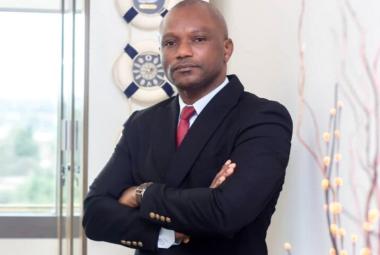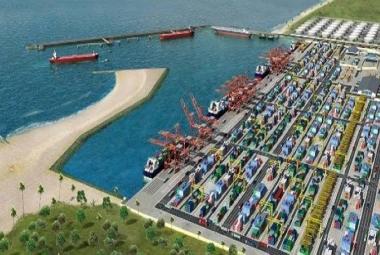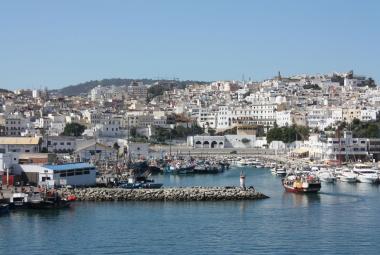The construction of the largest deep-water port in Africa should start within a few months in Badagry, in the State of Lagos. As already announced by the Governor of Lagos State, Babajide Olusola Sanwo-Olu, this new infrastructure represents growth potential on several levels for all the inhabitants of this State.
A few months ago, the Governor of Lagos State, Babajide Sanwo-Olu said: "We have to go to Abuja to get a new ratification because it is the Nigerian Ports Authority (NPA) which holds the license . The process has begun, and we are praying that it will be done before the end of April”. It is not only a question of decongesting the other already existing ports, in this case the ports of Apapa and Tin Can used to the limit of their optimal capacities. Even if the deep water port of Lekki already makes it possible to go to the rescue of the latter two, by decongesting a little the roads of the big cities through which pass almost 80% of the port traffic. In itself, the Port of Badagry project is not actually new in itself. It was in the prospective management of the country's infrastructure that it was designed ten years ago.
With an estimated cost of some $2.6 billion, many believe that the time has come to start this project with a promising future. According to a press release concerning the Badagry project, a number of foreign and national investors, including the Maersk Group in particular, have already signed an agreement regarding their participation in the construction of the work. After, of course, the favorable opinion of the Federal Government of Abuja and the Nigerian Ports Authority. This last authority having, initially, asked to review the first copy of the master plan of the Port of Badagry.
According to the authorities, it will create thousands of job opportunities for citizens. Its achievement will be an asset in that it will make Nigeria the first country in Africa with the largest container cargo port. This deep-water port which will extend over an area of approximately 1,000 hectares. In particular, container, oil and gas terminals are planned, as well as several quays to handle dry bulk and ro-ro cargo, machinery, etc. To this must be added an industrial free zone and tourist attractions... It is undoubtedly a good investment to support the country's economy and generate new infrastructure and related activities. In any case, there are many Nigerians, and even citizens of neighboring countries, who expect beneficial spinoffs from the largest port in Africa to come out of land and sea in Badagry.
By Stanislas Omotundé

















